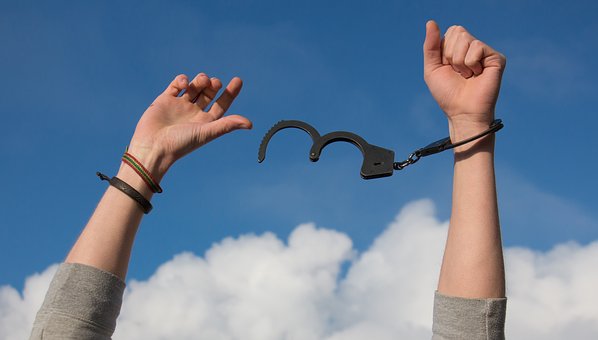How to Identify the Signs of Drug Addiction in a Loved One
 The love that I have for my family and close friends in incomparable; just the way you love yours too. We all tend to love our loved ones with a lot of dedication and we are always willing to protect them and keep them out of dangers. Mostly, we receive gratitude from our loved when we lend them a helping hand. Other times, we do receive avoidance, anger, and violence in return. This situation is very prominent when our loved ones are facing drug addiction. Drug addiction leads to addictions in these individuals and times they experience personal shame.
The love that I have for my family and close friends in incomparable; just the way you love yours too. We all tend to love our loved ones with a lot of dedication and we are always willing to protect them and keep them out of dangers. Mostly, we receive gratitude from our loved when we lend them a helping hand. Other times, we do receive avoidance, anger, and violence in return. This situation is very prominent when our loved ones are facing drug addiction. Drug addiction leads to addictions in these individuals and times they experience personal shame.
It’s very hard to admit that a loved one is experiencing drug addiction. It becomes more traumatizing when we turn on our televisions and see tragedies of people who abuse drugs and watch as their cold bodies are taken to morgues. It becomes sadder to learn that more addicts are spending time in rehabs trying to even remember their names! Early detection of drug addiction is very important as this can be corrected.
Drug addiction can be described as a situation where an individual cannot function properly without using drugs. Loved ones with this addiction may not always show signs that they are using drugs. Often, they maintain normal output in their work and they may not show any sign outwardly. The following are notable signs of drug addiction in a loved one.
Appearance Change
A drastic change of appearance of a loved one can suggest signs of drug addiction. The changes may include some strange smell, watery eyes, and some weight loss. This is also characterized by lack of proper hygiene where the person has foul breath and dirty clothes. It is prudent to note that it’s not necessarily that the change is drastic; it can also be gradual and occur in distinct phases. An example of this is when the person used to dress or comb their hair every day to work but he or she is now doing it on particular days.
Loss of Interest in Hobbies and Activities
This sign includes losing interests in hobbies, food, and work. When an individual shows antisocial behavior such as being involved in fights, there are high chances that the loved one is undergoing depression. Antisocial behavior is also a sign of drug addiction. To correct this, you can try and engage them in talks and engage them in activities.
Loss of Memory
This particular symptom can be related to various things and it’s wise to check it out. However, if this symptom is not linked up with other conditions such as stress and depression, then chances are high that it’s caused by drug addiction. It’s very important to help a loved one at early points of addiction by ensuring that they have consulted a counselor or by talking to them. This is an important mitigation strategy before something serious happens.
Change of Moods and Emotions
This symptom of drug addiction are characterized by some erratic mood swings, and a person becomes more irritable. This also shows that there is a problem that is related to mental or physical withdrawal. This is mainly because they are not able to access the drugs at that particular moment. The dependency on drug causes an individual to experience a roller coaster of emotions, where at one point, he or she is hyper. Other times they seem so lethargic. Therefore, it’s important to be on the lookout and observe the emotions of your loved one as they could be experiencing drug addiction.
Disappearances
Disappearance is a sort of secretive behavior or anti-socialism. It’s when a person suddenly stops from being active in social media platforms or other places where they could frequent. This can suggest that they are hiding something or they are just ashamed of what they are doing. Most alcoholics may tend to distance themselves physically by hiding in other people’s houses or in the streets.
Paranoia
This happens when a person starts talking about bizarre things or develops a sudden fear for people. This is a very important symptom and it should be addressed immediately. However, proper diagnosis should be done as they may also be undergoing some mental problems and not drugs addiction. Drug addiction may tend to disrupt the cognitive ability that may also resemble mental health issues.
















